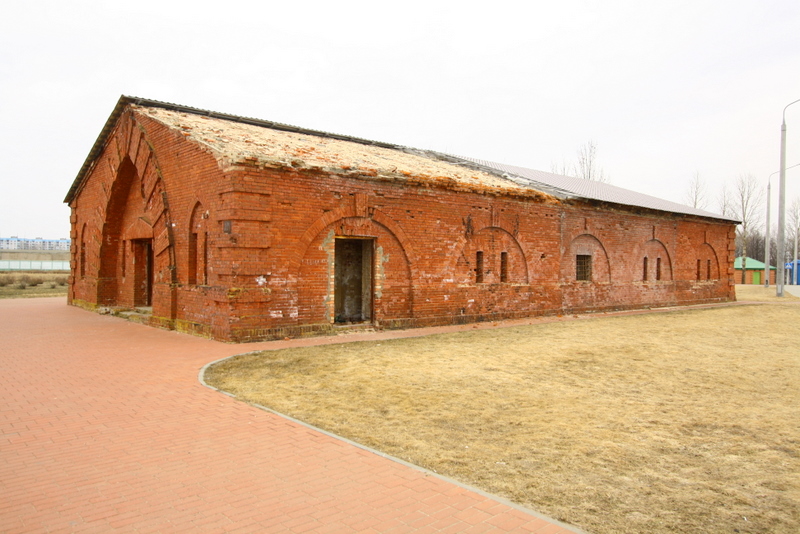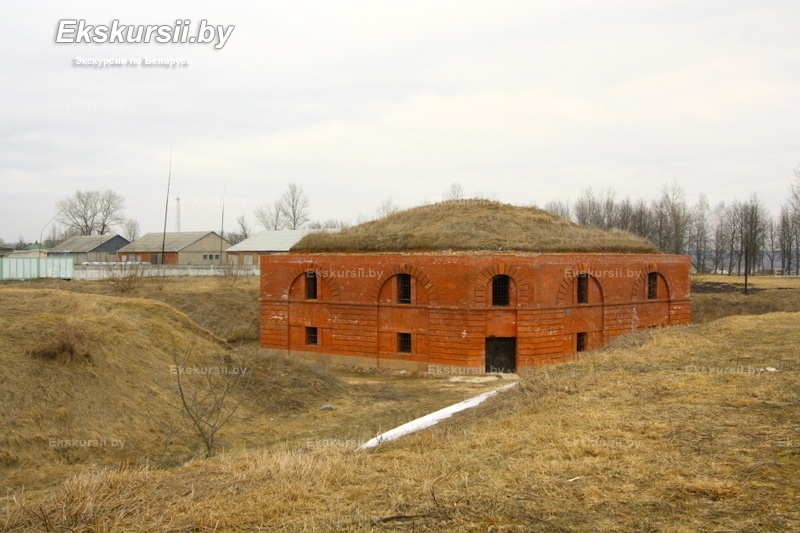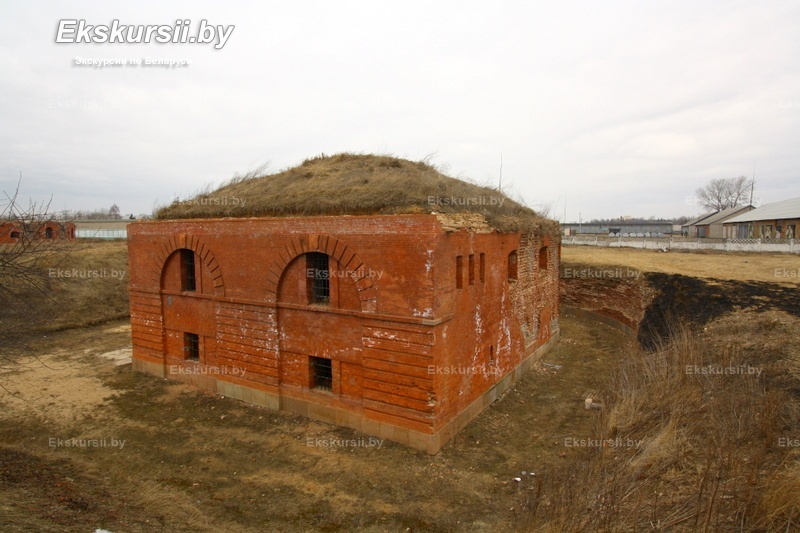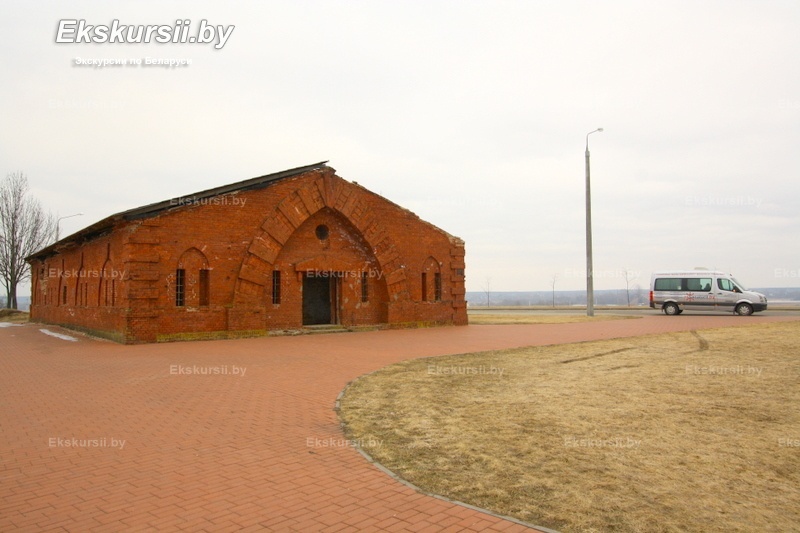The Bobruisk Fortress complex spans a significant area and includes preserved defensive structures, bastions, gates, and barracks. It is a popular destination for excursions around Belarus and is often included in the itinerary of tourist groups choosing excursions from Minsk. Here, visitors can immerse themselves in the atmosphere of the past, feel the spirit of military history, and learn about the heroic past of the fortress.
History of Bobruisk Fortress
The history of Bobruisk Fortress began in 1810, when Emperor Alexander I ordered its construction. The fortress was intended as a key defense point on the western borders of the Russian Empire. The project was developed by the prominent military engineer Karl Opperman, who designed a state-of-the-art fortification system for its time.
During the Patriotic War of 1812, the fortress played a crucial role, serving as a reliable refuge for the Russian army. Despite being under siege, it withstood the attacks of Napoleon's troops, reinforcing its reputation as an impregnable citadel. In the following years, the fortress underwent several modernizations and was used for military purposes until the early 20th century.
Today, Bobruisk Fortress preserves the memory of many historical events and stands as a symbol of courage and resilience. Its walls remember the heroes who defended the homeland and the events that left a significant mark on the history of Belarus.
Architecture of Bobruisk Fortress
The architecture of Bobruisk Fortress reflects the advanced engineering ideas of its time. The fortress has the shape of an irregular pentagon with bastions and ravelins, ensuring high defensive capabilities. The walls were built from brick and stone, while deep moats and earthen ramparts complemented the defense system.
The fortress gates, each with unique architectural designs, are particularly noteworthy. The preserved Casemate Gate, along with individual bastions and fragments of walls, allow visitors to appreciate the grandeur and power of the fortress. Inside the complex, barracks, warehouses, powder magazines, and other buildings used for military purposes have been preserved.
Despite partial destruction, Bobruisk Fortress remains an outstanding monument of architecture and engineering, impressing visitors with its grandeur and atmosphere.
Excursions with a visit to the Bobruisk fortress
Bobruisk Fortress is one of the most popular attractions in the region, often included in excursions around Belarus. Excursions from Minsk to Bobruisk Fortress attract tourists interested in military history and architecture. During the tours, guides share details about the construction and defense of the fortress, its role in the country's history, and the features of fortification art.
Visitors can explore the preserved gates, bastions, and barracks, immersing themselves in the atmosphere of the 19th century. Themed excursions dedicated to the Patriotic War of 1812 and other historical events related to the fortress are also available.
You can book an excursion with a visit to the Bobruisk Fortress for individual tourists and groups. Tour programs can be tailored to guests' interests, including walks through the historic center of Bobruisk or visits to other city attractions. This is a great opportunity to learn more about Belarus' past and connect with its cultural heritage.







